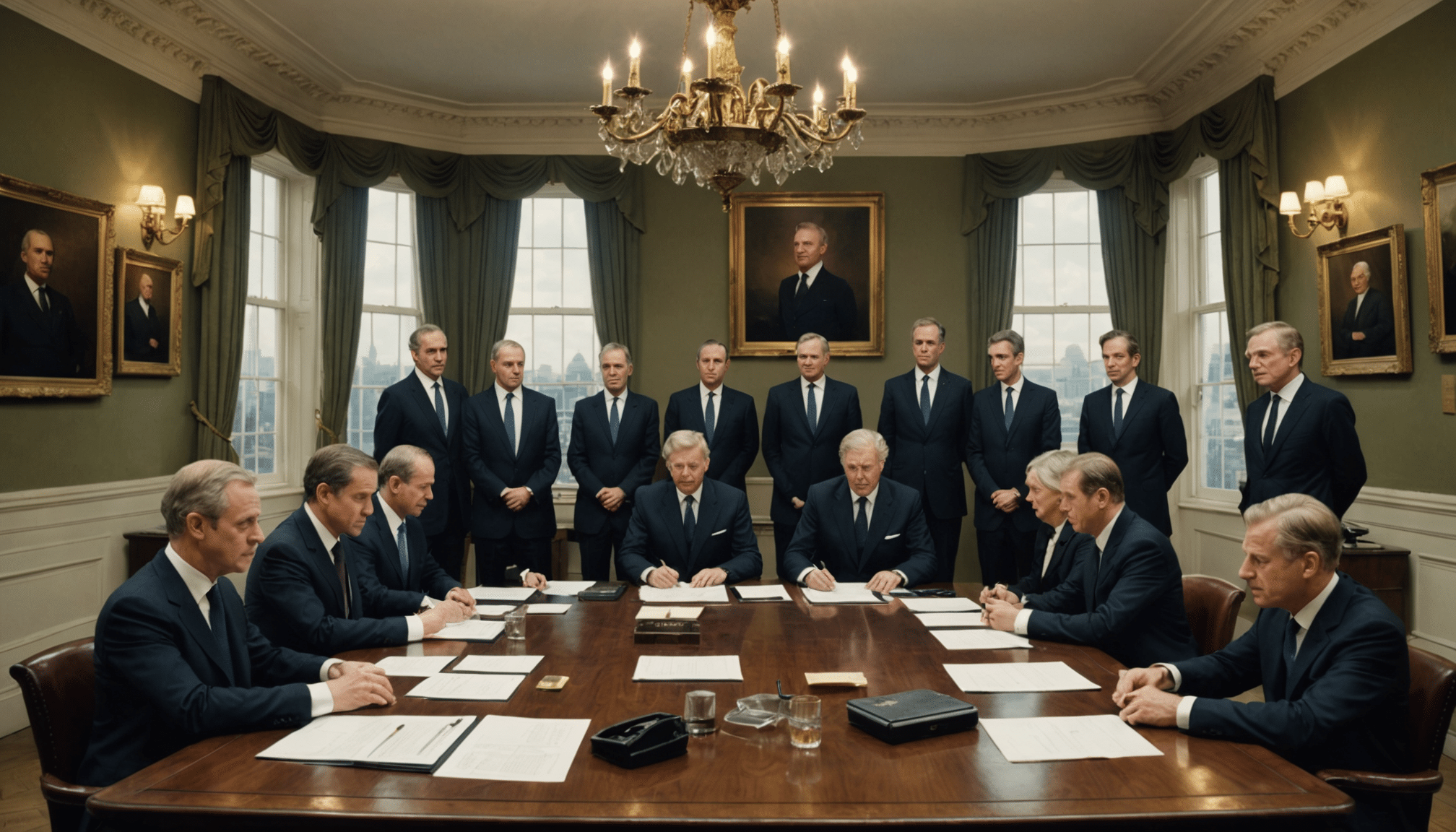Recently declassified documents shed light on the deep tensions between the United Kingdom and French President Jacques Chirac regarding the war in Iraq. In 2003, while British Prime Minister Tony Blair sought to gain international support for military intervention, Chirac’s firmness in opposing military action legitimized by the United Nations provoked the ire of the British government. These revelations expose not only the diplomatic strategies at play but also the fractures within the international community in the face of a significant issue. The situation revealed significant disagreements regarding the role of global powers in managing international crises.
Recently declassified documents from the British government have highlighted former Prime Minister Tony Blair’s frustration with French President Jacques Chirac after the latter blocked a military action supported by the UN in Iraq in 2003. During an emergency meeting, it was agreed that the French stance had undermined the UN’s efforts to enforce the will of the international community. Blair expressed that the French authorities were not ready to accept that, in light of Saddam Hussein’s refusal to comply with UN obligations, military intervention might be necessary. Despite strong opposition in the UK, the country decided to engage in the US-led invasion, which significantly affected Blair’s popularity. Subsequent accusations revealed that the pretexts put forward to justify the invasion, particularly the alleged arsenal of weapons of mass destruction, were unfounded.

Table des matières
ToggleDeclassified Documents and Diplomatic Tensions
Declassified documents recently published by the British government shed new light on the rising tension between the United Kingdom and France, under the leadership of Jacques Chirac, in the months leading up to the invasion of Iraq in 2003. These revelations show the increasing frustration of the then British Prime Minister, Tony Blair, in the face of Chirac’s position, who had threatened to veto any UN resolution in favor of military intervention.
The minutes of an emergency cabinet meeting held on March 17, 2003, reveal that ministers agreed that the French attitude had severely weakened the UN mechanism meant to enforce the international community’s will. Blair explicitly stated that France did not seem ready to accept that military actions were necessary to enforce Iraq’s obligations to the UN.
The Repercussions of French Opposition
The UK’s adherence to military intervention prevented a large portion of the British population from supporting this decision, with millions mobilizing in the streets to protest against the war. However, even though France was firm in its reproach, the British government justified its military engagement by the necessity to eradicate Saddam Hussein’s regime, which Blair described as a threat embodied by weapons of mass destruction.
These accusations regarding weapons of mass destruction, fueled by the administration of George W. Bush, later proved to be unfounded, leading to a deterioration of Blair’s popularity and severe scrutiny over his management of the war.
The Political Consequences and Historical Memory
The UK’s decision to join the United States in the invasion of Iraq was marked by strident criticisms, both nationally and internationally. The Chilcot inquiry, conducted in 2016, highlighted that Tony Blair had deliberately exaggerated the threat posed by Iraq. Blair expressed regrets about the mistakes made in planning the conflict, while naming his aides as having played a crucial role in creating the climate that led to this intervention.
Reflections on this period of tensions continue to question contemporary international relations. This episode indeed underscores how political divergences can lead to much broader consequences, affecting the dynamics of diplomatic relations between countries.
























